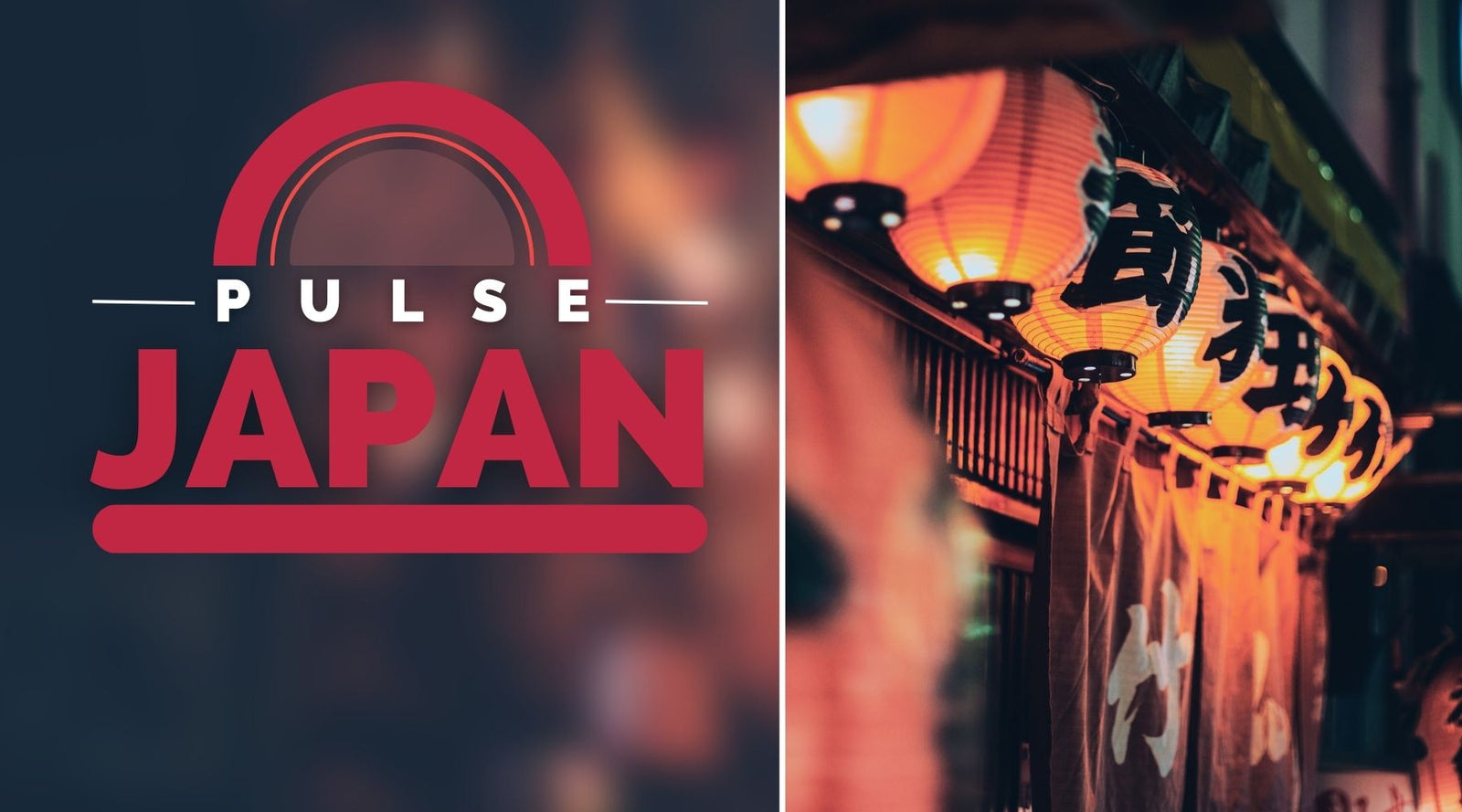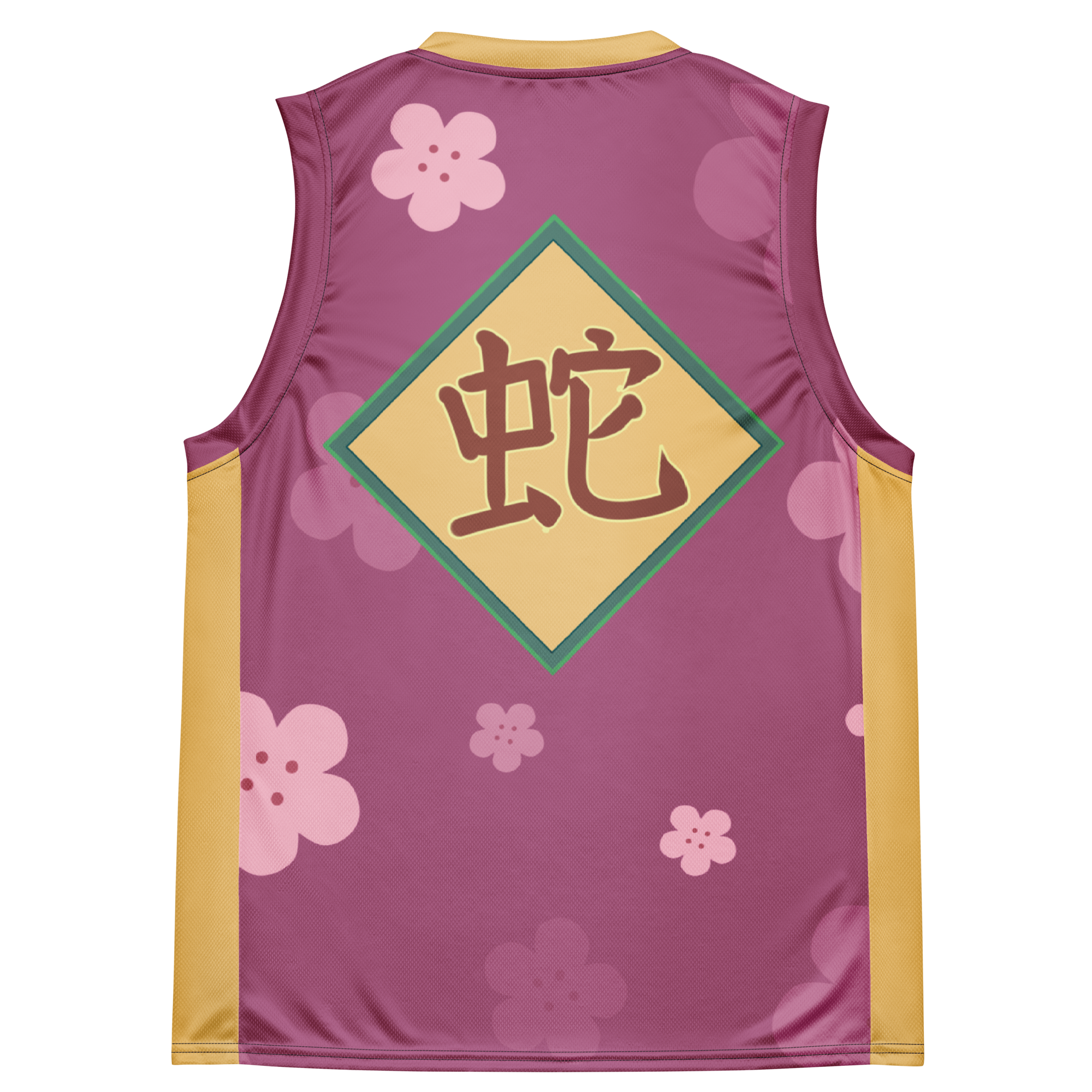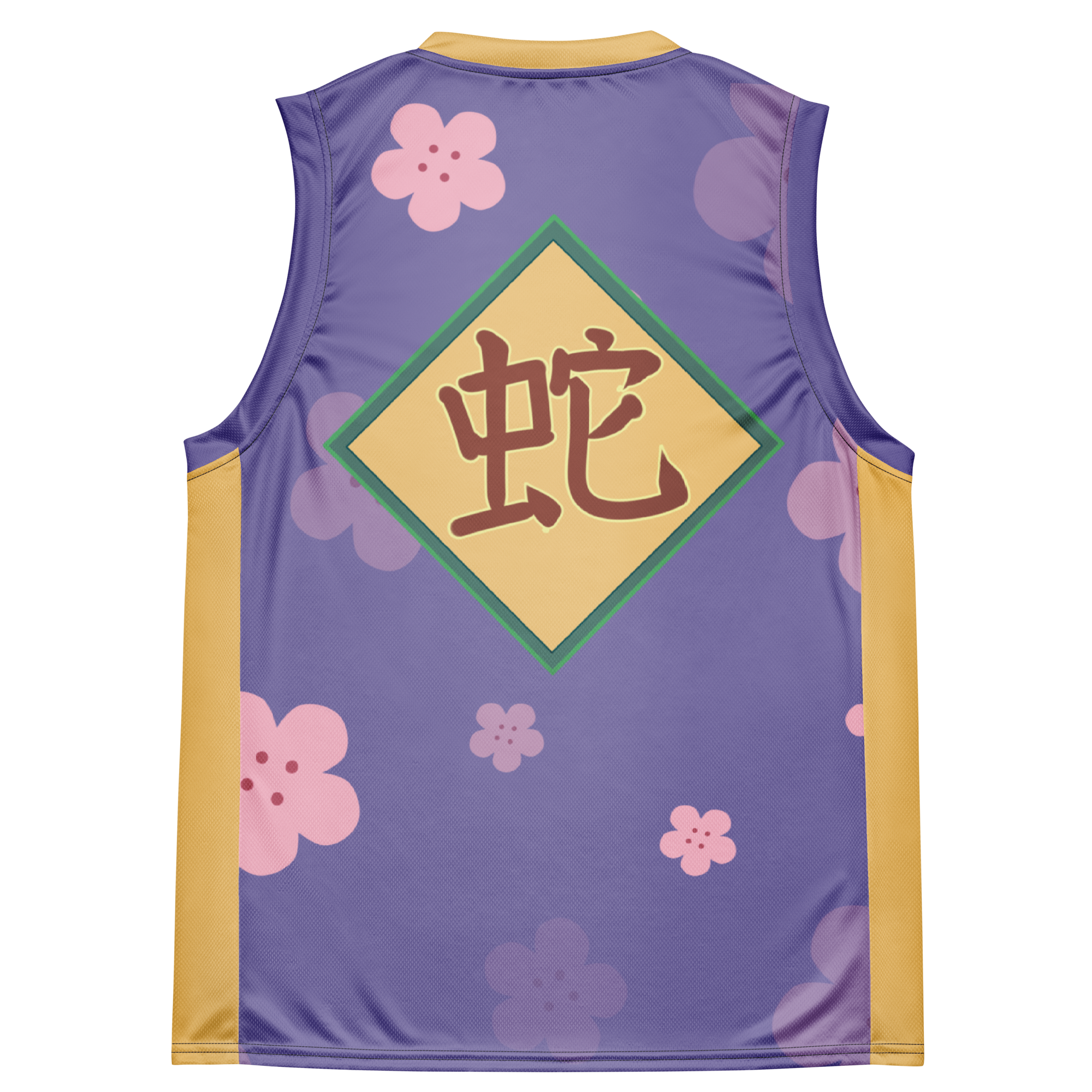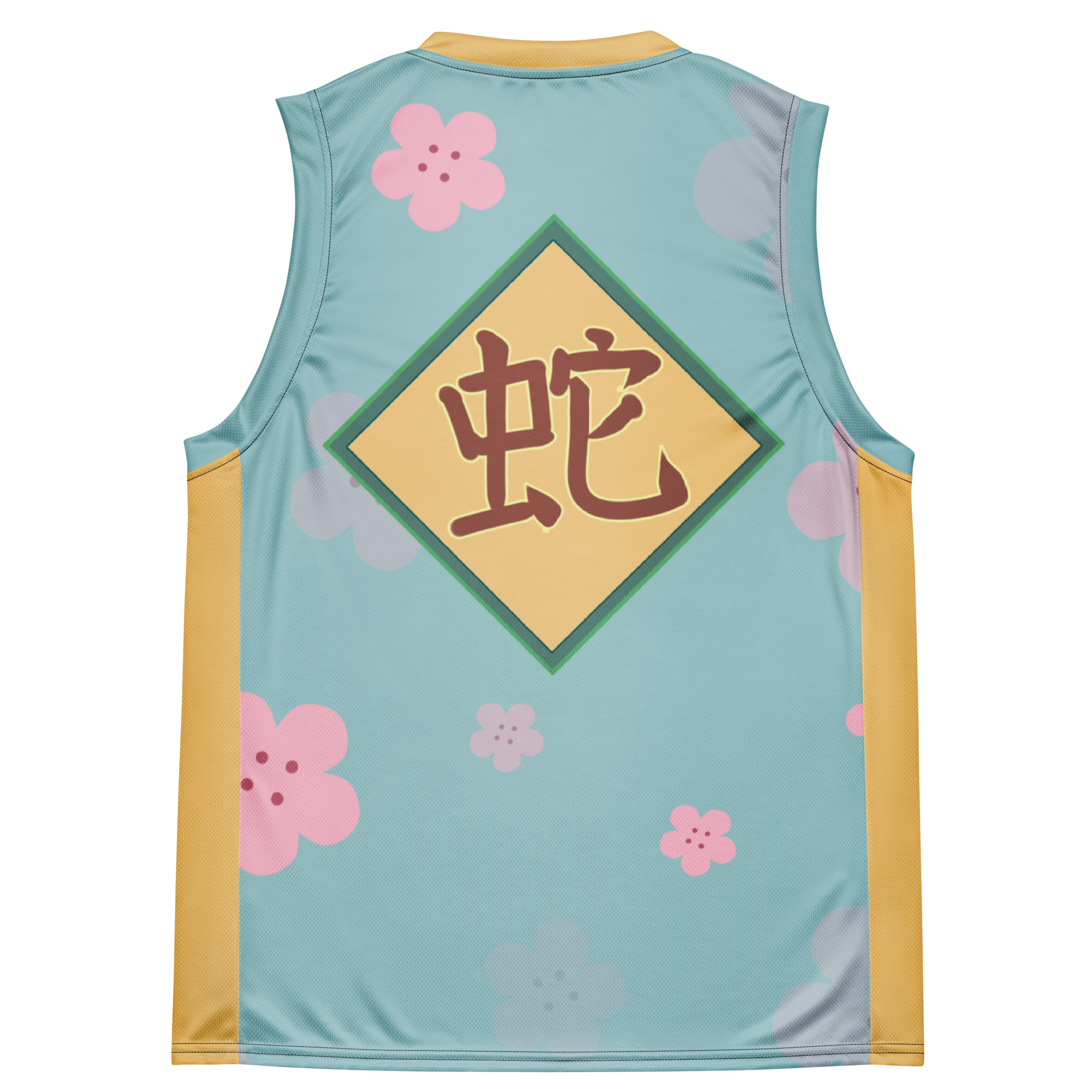5 Lukewarm Things Japan Does

Japan is a land of rich traditions and customs, many of which captivate and fascinate visitors from around the world. However, there are a handful of cultural quirks that can leave foreigners scratching their heads. These customs, while not necessarily offensive, can be perplexing or even frustrating to those unaccustomed to them. This article sheds light on five such "lukewarm" Japanese customs that may have outsiders doing a double-take.
A Blend of Intrigue and Befuddlement
For many, the journey to understanding Japan's unique cultural practices is a blend of intrigue and mild confusion. Each custom carries a significant meaning or historical context, transforming Japan into a country where even day-to-day actions are laced with subtlety and depth.
Avoiding the Number 4
To begin with, there's the cultural aversion to the number 4, a phenomenon deeply rooted in superstition. In Japanese, the number 4 is pronounced "shi," which sounds eerily similar to the word for 'death.' This likeness has led to widespread "tetraphobia," where buildings, especially hospitals, often skip labeling a fourth floor entirely and individuals may avoid gifting anything in sets of four. For a culture so steeped in symbolism, it's a quirk that is tied closely to maintaining auspiciousness. If you spot an elevator missing the number 4, know that it's a spooky superstition in action.(Rickshaw Travel)
Public Nose-Blowing Taboo
The taboo surrounding blowing your nose in public can also be quite surprising for Western visitors. Seen as rude and unhygienic, it's preferable to excuse yourself to a restroom to take care of any nasal necessities. This norm aligns with the Japanese inclination towards keeping bodily functions private. Whether you find it overly strict or refreshingly courteous, it's an unwritten rule that maintains societal harmony. (Business Insider)
No Tipping Culture
On the subject of social etiquette, the absence of a tipping culture in Japan often catches foreigners off guard. In many Western countries, tipping is seen as a way to appreciate good service, but in Japan, it's perceived quite differently. Here, excellent service is considered a part of the job, and tipping can be mistaken as an implication that the staff needs to rely on tips to supplement their wage. Stepping into a restaurant or a taxi, you can comfortably stow away your tipping worries, knowing it’s pretty much a no-go zone.(Japan Switch)
Walking While Eating Frowned Upon
Moreover, the cultural aversion to eating while walking unveils another fascinating layer of Japanese discipline. Seen as untidy and indicative of poor upbringing, it's common etiquette to stop and consume your food before moving on. This practice underscores a societal norm that values mindful engagement—time to enjoy your meal is time well spent, but doing so on the move is a faux pas.(Japan Switch)
The Final Verdict
While these traditions might seem puzzling to newcomers, they embody the intricate fabric of Japanese society, where even the simplest actions are rife with meaning. These customs shouldn't deter anyone from diving into Japan's rich cultural landscape. In fact, with an open mind and a bit of empathy, anyone can learn to appreciate and adapt to these charming eccentricities. Moreover, the richness in etiquette presents a unique opportunity to see how cultural values shape the day-to-day lives of people in Japan.(Cruise Bulletin)
Avoiding the Number 4
Welcome to our dive into one of Japan's most intriguing and often puzzling customs: avoiding the number 4. This cultural quirk is deeply rooted in linguistic coincidences and historical beliefs that make perfect sense once you understand them. Let’s explore why this number is generally avoided and how it impacts Japanese culture, especially from a foreigner's perspective.
Why 4 is Considered Unlucky
The number 4 is viewed as unlucky in Japan because its pronunciation (shi) sounds eerily similar to the word for "death" (also shi). This phonetic similarity is enough to give people the chills, leading to a variety of practices to avoid the number whenever possible. Interestingly, the number 9 is also considered unlucky because its pronunciation (ku) sounds like "suffering" or "agony" Lingualift. Both these numbers have created unique superstitions over time.
Real-World Implications
Architecture and Infrastructure
Given the superstition around the number 4, many buildings in Japan skip labeling the fourth floor entirely. You might find elevators with floor buttons for 1, 2, 3, and then directly 5. This practice is quite common in hospitals, where avoiding the number carries extra weight due to the association with death. Particularly in the maternity ward, the room number 43 is rarely used because it can mean "stillbirth" Wikipedia.
Everyday Life
This superstition extends beyond buildings. Some people avoid giving gifts in sets of four, thinking it might bring bad luck. If you're attending a Japanese event, be mindful of this detail to avoid an awkward cultural faux pas. You'll often see sets of three or five instead, as these numbers are considered more auspicious Atlasp.
Historical and Cultural Context
The roots of this superstition are believed to come from China, where the pronunciation for 4 (si) also sounds like the word for death (Harvard China Project). Over centuries, this practice carried over to Japan and became ingrained in its culture. Given Japan's long history with Buddhism and Confucianism, similar ideas about auspiciousness and inauspiciousness were likely reinforced by religious rituals and practices.
Adapting as a Foreigner
If you're a foreigner living in or visiting Japan, this may seem baffling or even excessive. However, understanding and respecting this custom signals your appreciation for local nuances. Whether you're in an elevator or choosing gifts, avoiding the number 4 whenever possible is a small but meaningful way to show your respect for Japanese culture.
Embracing such cultural quirks, even if they seem trivial, can greatly enhance your experience in Japan. With an open mind, these traditions become a window into the intricate fabric that makes Japan uniquely fascinating.
Stay tuned as we continue to explore more of these lukewarm customs. Next, we'll delve into another interesting, yet head-scratching aspect of Japanese culture: the public nose-blowing taboo.
Public Nose-Blowing Taboo
Rude and Unsanitary Perception
One of the most unexpected challenges foreigners face in Japan is the taboo against blowing one's nose in public. What may be considered a simple act of hygiene in many cultures is seen as rude and unsanitary in Japan. Sniffling is generally more acceptable than blowing your nose, as the latter is viewed as distasteful and inconsiderate to those nearby.
This disdain for public nose-blowing links back to Japanese notions of maintaining cleanliness and decorum in public spaces. The act is often seen as an impolite breach of etiquette akin to other bodily functions that should remain private.
Alternative Etiquette
Instead of blowing your nose openly, Japanese culture encourages individuals to excuse themselves to find a more private setting such as a restroom. In cases where privacy isn't immediately available, people might choose to sniffle quietly until they can find an appropriate place. This behavior might seem peculiar to outsiders but is rooted in the Japanese emphasis on keeping personal matters discreet.
There are guidelines even when one must sneeze in public. For instance, it is polite to cover one's nose and mouth with a hand to contain the spread of germs, though there is no equivalent in Japanese culture to phrases like "God bless you" that are used in some Western cultures. Instead, it's considered more polite to pretend that the sneeze never happened at all, maintaining the social harmony Source.
Managing the Cold Seasons
Given that colds are common, especially during certain seasons, understanding this cultural norm is essential for foreigners living or visiting Japan. Many people carry tissues and handkerchiefs, but be aware—never blow your nose into a handkerchief and then put it back in your pocket. Doing so is considered unhygienic and disrespectful Source. Disposable tissues should be used and then discarded discreetly.
What to Do if You Need to Blow Your Nose
-
Excuse yourself to a restroom or private area to blow your nose.
-
If in a public space, try to find a corner or less crowded area to be discreet.
-
Always dispose of tissues immediately after use.
Cultural Sensitivities
Understanding and respecting this aspect of Japanese etiquette goes a long way in showing cultural sensitivity. It might seem trivial, but many Japanese people take these norms seriously, and adapting to them demonstrates respect for local customs and values.
For those accustomed to different norms, it can seem inconvenient to find a private place just to blow your nose. However, keeping in mind the cultural significance behind these practices can foster better mutual respect and smoother social interactions.
Final Thoughts
While avoiding public nose-blowing might be a small adjustment, it's one that highlights the broader theme of maintaining discretion and respect in Japanese culture. As always, navigating a new culture can be challenging, but being aware of these norms helps in making the experience more enriching and respectful. After all, the more you embrace these quirks, the more you'll blend harmoniously into the fabric of Japanese society.
No Tipping Culture
The Japanese Approach to Service
Imagine walking into a cozy Tokyo izakaya and being greeted with impeccable service. You enjoy a delightful meal and, out of habit, reach for your wallet to leave a tip. But wait—here in Japan, your generous gesture might actually cause confusion or even discomfort!
Tipping in Japan is not only uncommon but can also be considered rude. So why does such a stark contrast exist between Japan and many Western countries where tipping is a norm? The answer lies in the cultural values tied to service and dignity.
Why Tipping is Rarely Accepted
Japanese employees take immense pride in their work, ensuring high standards of service without the expectation of extra compensation. To them, providing excellent service is simply part of their job duties. This notion is deeply ingrained in Japanese culture, where dignity and respect are valued more than financial appreciation
Attempting to leave a tip may suggest that the employer isn't adequately compensating their staff. As a result, it can be seen as an insult rather than an expression of gratitude. Many experts note that the Japanese believe you are already paying for good service through the cost of the meal or service itself. Therefore, there's no need for additional tipping.[1]
The Cultural Logic Behind No Tipping
This approach might sound strange to visitors from countries where tipping is customary, but it's rooted in a different perspective on service quality and employee dignity. Offering a tip could suggest that the service provided wasn't part of the paid experience, thus undermining the worker's professional integrity.
Contrarily, in Western nations, tipping is often seen as an incentive for better service. However, Japan demonstrates that high-quality service can be achieved without monetary tips.
Additionally, Japanese workers often see providing excellent service as an essential aspect of their roles, and not something that requires extra financial incentives. This mentality ensures that service quality remains consistently high across the board, whether in bustling urban centers or serene rural locales.[2]
Exceptions to the Rule
Though tipping is generally frowned upon, there are a few exceptions known as "kokorozuke" or "coming from the heart." This custom involves giving a small gratuity in specific situations, often wrapped in an envelope to signify its special nature. Even then, it's an uncommon practice and should be approached with caution
Situations where "kokorozuke" might be appropriate include gift-giving occasions or as part of traditional ceremonies. However, for typical services like dining, hailing a taxi, or staying at a hotel, tipping is better avoided.[3]
How to Show Appreciation Instead
So, how can you express gratitude for exceptional service in Japan? Here are some acceptable alternatives:
-
A heartfelt thank you: Simply expressing your gratitude verbally can go a long way.
-
Written notes: Leave a kind note appreciating the service you received.
-
Gifts: In rare cases, a small, thoughtfully selected gift is more appropriate than cash.
By adhering to these alternatives, you show respect for Japanese customs while still demonstrating your appreciation for excellent service.[4]
A Contrasting Tipping Culture
The lack of a tipping culture in Japan serves as a fascinating example of differing societal norms. While Western countries often rely on tips to incentivize good service and supplement workers' incomes, Japan highlights how honor and respect can drive equally high standards. Adopting this perspective may initially feel odd to foreigners but offers a rich experience of Japan’s unique cultural fabric.
As we continue to explore other intriguing customs in Japan, this practice of no tipping teaches us that cultural quirks often have well-founded rationales. Understanding and respecting these norms enrich our appreciation of the diverse ways societies define courtesy and professionalism.[5]
Walking While Eating Frowned Upon
Understanding the Cultural Norm
Picture this: you're strolling through Tokyo's bustling streets with a hot snack in hand, excited to savor every bite. However, as you take your first nibble, you notice the people around you stop and stare. That's because in Japan, eating or drinking while walking is considered impolite and slightly sloppy behavior.
The cultural norm is that people should stand still to consume food or drink. It's not just about avoiding spills or maintaining cleanliness, although those are part of the equation. It's rooted in the idea of focusing fully on one activity at a time, enjoying the food and drink thoughtfully and in a respectful manner, rather than as a hasty convenience [Source].
The Importance of Respecting Public Spaces
Japanese culture places significant value on respect for public spaces. When you eat while walking, there's a potential you might drop food or spill drinks, causing litter and mess. These actions are seen as inconsiderate to others who share the space. Consequently, it's more common to see people eating their food beside a vending machine or standing just outside a convenience store [Source].
Additionally, Japan has limited public trash receptacles, making it challenging to dispose of waste quickly if you're on the move. Ensuring food waste is managed properly helps maintain the cleanliness and aesthetic appeal of the streets [Source].
A Time and Place for Everything
Another reason why walking while eating is frowned upon is rooted in the Japanese belief that there is a proper time and place for everything. Whether it's work, relaxation, or eating, each activity is thought to deserve full attention and respect. Enjoying meals should be done in a calm, seated environment where you can truly appreciate the flavors and textures of your food. This way, you show respect for the effort put into preparing the food as well as the dining experience itself [Source].
Adapting as a Foreigner
If you're a visitor, it’s good practice to be mindful of these habits to avoid inadvertently offending anyone. While it's essential to enjoy your trip, remember that part of respecting a culture means adhering to its social norms. Here are a few tips to adapt:
-
Opt to eat on benches or designated seating areas, which you can often find in parks or near shopping centers [Source].
-
If you happen to buy a quick snack, finish it outside the convenience store or near the vending machine.
-
Be mindful of waste and use the appropriate receptacles, which are usually located next to convenience stores or vending machines. This ensures you’re helping maintain Japan’s high cleanliness standards.
Conclusion
While it might seem like an odd or even restrictive custom, the practice of pausing to eat aligns with broader Japanese cultural values of respect, cleanliness, and mindfulness. By taking the time to understand and respect these customs, foreigners can enrich their experience and show their appreciation for the unique facets of Japanese culture.
The Final Verdict
Japan is a land of paradoxes. It’s a country where ancient traditions coexist with cutting-edge technology. However, for many foreigners, some of its customs can be perplexing. These practices may not make sense at first glance, but they have deep roots in Japanese society. In this chapter, we’ll explore why understanding these cultural quirks is crucial for adapting to life in Japan.
Respect for Traditions
One of the most significant aspects of Japanese culture is its deep respect for traditions. Customs like avoiding the number 4 due to its pronunciation sounding like the word for 'death' can seem odd. Yet, these traditions are often rooted in a historical or superstitious context that has been passed down through generations. By avoiding the number 4, the Japanese people maintain a sense of cultural continuity and respect for their ancestors, which might help in understanding why such customs exist.
The Value of Politeness
Japan is renowned for its politeness and decorum. This is evident in practices like avoiding public nose-blowing. Blowing one’s nose in public is considered impolite and unsanitary. Instead, people usually excuse themselves to a restroom. This cultural norm emphasizes personal hygiene and the idea that bodily functions should remain private matters. While this might seem inconvenient to some, it aligns with Japan’s broader social etiquette, which places a high value on respect and consideration for others.
Understanding Different Norms
Another critical aspect of Japanese society is its approach to dining and service. For instance, the absence of a tipping culture in Japan can be bewildering for foreigners accustomed to tipping. In Japan, excellent service is considered a standard part of the job. Offering a tip can be seen as an insult, implying that the service was extraordinary or that the server needs extra compensation. This norm reflects the Japanese belief in doing one’s job to the best of one’s ability without expectation of additional reward.
Focused Approach to Life
Furthermore, Japan’s emphasis on focusing fully on one activity at a time is highlighted by the custom of not eating while walking. Eating or drinking while moving is often viewed as sloppy behavior. People are expected to stand still while consuming food or drink. This practice emphasizes mindfulness and the importance of being present, a concept that is deeply embedded in various aspects of Japanese lifestyle and even extends to activities like tea ceremonies and martial arts.
Adapting to Japanese Customs
Adapting to these customs, although challenging, is a rewarding experience. By embracing these practices, foreigners can gain a deeper appreciation of Japanese culture and integrate more smoothly into the society. For instance, using designated seating areas to eat or expressing gratitude with heartfelt thanks instead of tipping are small adjustments that can make a big difference in social interactions.
Final Thoughts
While some Japanese traditions can seem odd to outsiders, they often come from reasonable roots even if the logic isn’t immediately apparent. Having an open mind is key. By learning and respecting these customs, foreigners can enrich their experience and develop a profound understanding of what makes Japanese culture unique.
For more insights into Japanese customs and how to navigate them, you can refer to sources like Business Insider and Wander Wisdom.


































Leave a comment